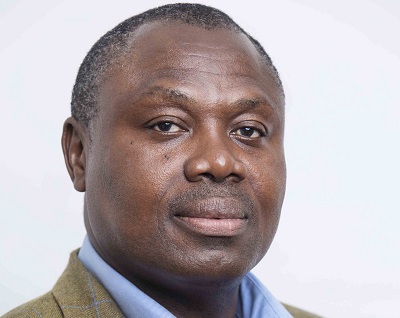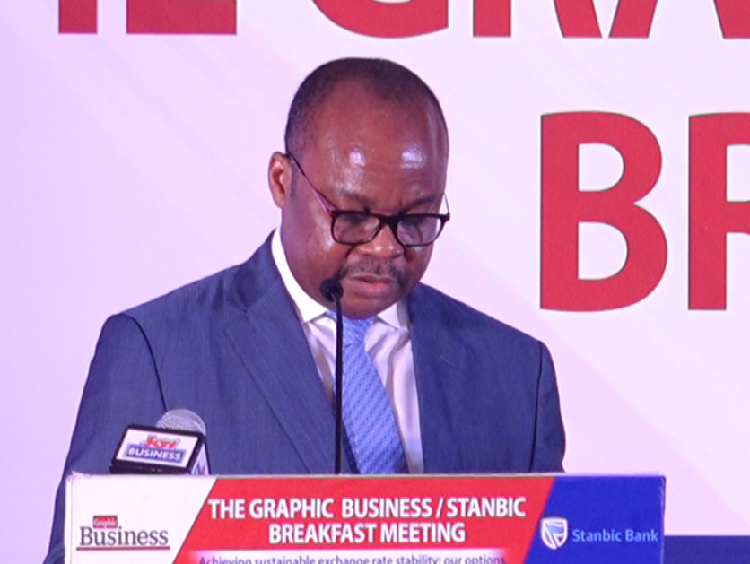Director-General of the Ghana Education Service (GES), Professor Kwasi Opoku-Amankwa, has disclosed that the government has disbursed GH¢52.6 million to senior high schools (SHSs) and technical institutions for academic interventions.
According to him, the intervention covers activities such as extra classes organised by the teachers, group works for the students or any activity outside the normal classes hours aimed at improving learning outcomes.
The amount will be paid to both teaching and non-teaching staff in the SHS and technical schools to serve as an incentive for extra work.
Guidelines
Per the disbursement guidelines, 80 per cent of the total amount will go to the teaching staff, while 20 per cent goes to non-teaching staff.
Speaking in an interview, Prof. Opoku-Amankwa explained that the amount covered schools that satisfied specific conditions and guidelines, including the submission of the total number of students on roll in the school.
He explained that the disbursement guidelines were drawn up and agreed by the Conference of Heads of Assisted Senior High Schools (CHASS) and the various education unions.
Disbursement
Prof. Opoku-Amankwa said per the disbursement guidelines, 60 per cent of the 80 per cent of the total amount allocated to the teaching staff “shall serve as base rate (equal amount) to all teachers in Form One, Form Two and Form Three”.
He explained that based on the guidelines, 20 per cent of that 80 per cent should be disbursed to the teachers based on the approved total instruction hours per week during the intervention programme, while the remaining 20 per cent should be disbursed based on positions.
He listed the positions in the guidelines to include headmasters/headmistresses, assistant headmasters/assistant headmistresses, heads of departments/senior housemasters/senior house mistresses and form masters/form mistresses.
Non-teaching staff
For the non-teaching staff, the guidelines, according to Prof. Opoku-Amankwa, was that 50 per cent of the total amount of the 20 per cent should serve as base rate (equal amount) to all non-teaching staff.
The remaining 50 per cent, he explained, should be disbursed to the non-teaching staff based on the approved staff schedule, giving priority to the kitchen staff.
Determination of interventions
Shedding more light on the incentive, Prof. Opoku-Amankwa explained that the GES did not decide for the schools what constituted interventions, saying “we gave them the opportunity to look at their circumstances and draw up a programme that pertains to them to us”.
He said based on that directive, the schools drew up various programmes that met their specific needs.
“The next thing that we are going to do is to get the regional directors and free SHS coordinators to go round the schools to see how the teachers are actually carrying out the intervention programmes,” he explained.
Other payments
Prof. Opoku-Amankwa explained that aside from the intervention disbursement, the government had also made a number of payments, citing for instance that GH¢541 million had been disbursed to all senior high/technical schools for the 2018/2019 academic year.
He said there were other payments from the circuit, district and regional administrative grants to improve supervisions at their respective levels.
Budgetary provisions
The GES director general added that budgetary provision and releases had been made to circuits to ensure improved supervision of schools to improve learning outcomes.
“Each circuit in 2018 received GH¢2,500 per year. For the current year, it is expected that each circuit will receive GH¢4,200,” he said.
Administrative grants
“Again in 2016, administrative grant to regional offices was GH¢1,000 per year per office. This increased to GH¢40,000 in 2017, GH¢50,000 in 2018 and for the current year it is expected that each regional office will get GH¢100,000.
“For the district administrative grant, it used to be GH¢1,000 per district per year. This increased to GH¢6,000 in 2017, GH¢20,000 in 2018, and for the current year it is estimated that each district will receive GH¢32,000,” Prof. Opoku-Amankwa said.










